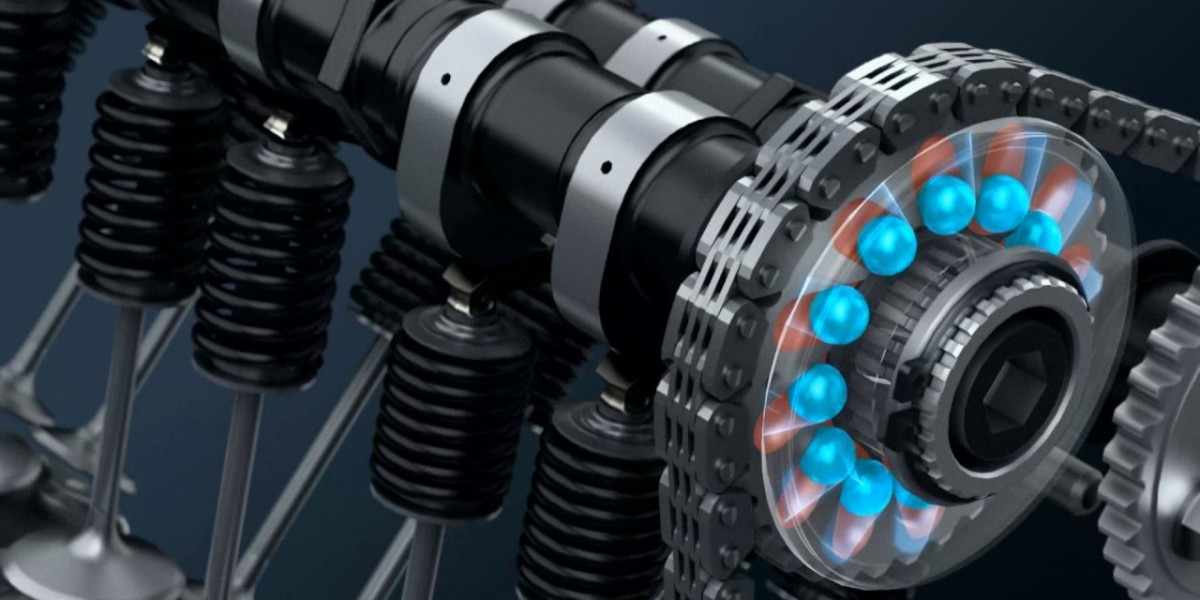In today’s fast-paced industrial environment, manufacturers face increasing pressure to meet growing customer demands while managing costs, optimizing production, and ensuring quality. To stay competitive, businesses must adopt advanced digital tools to streamline operations and enhance productivity. This is where Manufacturing Production Software and Manufacturing ERP (Enterprise Resource Planning) Software come into play.

What is Manufacturing Production Software?
Manufacturing production software is designed to manage, monitor, and control the production processes on the factory floor. It helps in planning production schedules, managing resources, tracking inventory, and ensuring timely order fulfillment. The primary goal is to improve efficiency, reduce waste, and boost productivity by automating manual tasks and providing real-time visibility into operations.
What is Manufacturing ERP Software?
Manufacturing ERP software is a broader system that integrates all core business processes — including production, supply chain, inventory, procurement, finance, and human resources — into a single unified platform. Unlike standalone production software, a manufacturing ERP system provides end-to-end control over the entire manufacturing lifecycle, from order management to final delivery.
Key Features of Manufacturing ERP Software
- Production Planning and Scheduling
Efficient production planning ensures optimal use of resources. ERP systems offer tools to create detailed production schedules, assign tasks, and balance workloads based on real-time data and demand forecasts. - Inventory Management
Managing raw materials, WIP (work-in-progress), and finished goods is critical. ERP software provides real-time inventory tracking, alerts for stock shortages, and automatic reorder capabilities. - Bill of Materials (BOM) Management
Accurate BOM management ensures that the right materials and quantities are used in the production process. ERP systems maintain a central repository for BOMs and allow for version control and updates. - Quality Control
ERP software enables manufacturers to define quality standards, perform inspections, and record results. It ensures compliance with industry standards and helps reduce defects and recalls. - Shop Floor Control
Real-time monitoring of machinery and worker productivity allows for immediate corrective actions. ERP solutions provide dashboards and KPIs to track performance and downtime. - Supply Chain Management
Manufacturing ERP software integrates suppliers and logistics to streamline procurement, order tracking, and delivery. This improves collaboration and reduces lead times. - Financial Integration
Linking production data with accounting functions enables accurate cost tracking, budgeting, and profitability analysis. It also simplifies financial reporting and compliance. - Customer Relationship Management (CRM)
Integrated CRM features help manage customer orders, track interactions, and ensure timely communication, which improves customer satisfaction.
Benefits of Using Manufacturing ERP Software
- Increased Efficiency
Automation reduces manual effort and human error, allowing employees to focus on strategic tasks. Real-time data helps in quicker decision-making and process optimization. - Enhanced Visibility
ERP systems offer complete transparency across departments, enabling managers to track performance, identify bottlenecks, and take corrective action swiftly. - Improved Compliance and Quality
With detailed recordkeeping and quality management tools, manufacturers can meet industry standards and regulatory requirements more easily. - Scalability
As the business grows, ERP systems can scale to handle more products, processes, and locations without disrupting operations. - Better Collaboration
Cloud-based ERP systems facilitate collaboration between different departments, plants, and even across geographies by centralizing data and communication. - Cost Reduction
Improved resource planning, reduced waste, optimized inventory, and better supplier negotiation contribute to significant cost savings over time.
Industries That Benefit from Manufacturing ERP
- Automotive Manufacturing
- Electronics & High Tech
- Textile & Apparel
- Food & Beverage
- Pharmaceuticals
- Machinery and Equipment
Each of these sectors has unique needs, but all benefit from improved production planning, inventory control, and compliance management offered by a robust ERP solution.
Cloud vs. On-Premise ERP for Manufacturing
Choosing between a cloud-based and on-premise ERP system depends on your organization’s size, budget, and IT resources.
- Cloud ERP offers flexibility, automatic updates, and remote access. It’s ideal for small to medium enterprises seeking cost-effective solutions with minimal IT infrastructure.
- On-Premise ERP provides more control and customization, making it suitable for large manufacturers with complex requirements and dedicated IT teams.
Choosing the Right Manufacturing ERP Software
When selecting a manufacturing ERP system, consider the following:
- Industry-specific functionality
- Ease of use and user interface
- Integration capabilities with existing systems
- Scalability for future growth
- Vendor support and training
- Total cost of ownership (TCO)
Some of the top ERP systems for manufacturing include Odoo, SAP Business One, Microsoft Dynamics 365, NetSuite, Infor CloudSuite Industrial, and Epicor ERP.
Conclusion
Manufacturing ERP software is no longer a luxury but a necessity for businesses aiming to stay competitive in today’s dynamic market. By unifying production, inventory, procurement, finance, and more into one integrated system, ERP solutions empower manufacturers with the tools they need to operate efficiently, reduce costs, and meet customer expectations.
Investing in the right manufacturing ERP solution can transform your operations, enabling data-driven decisions, improving productivity, and accelerating growth. Whether you’re a small manufacturer or a large enterprise, embracing ERP technology will put you on the path to smarter manufacturing and sustained success.








